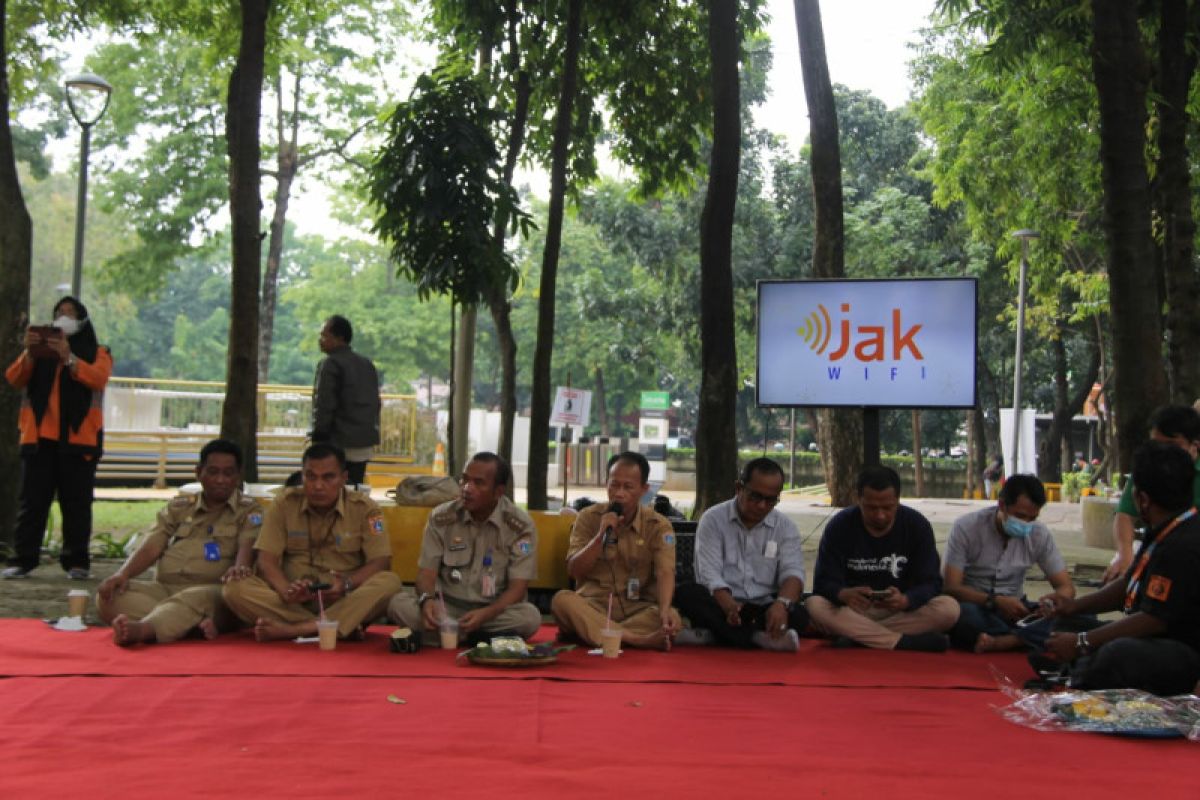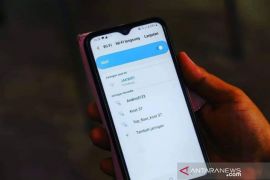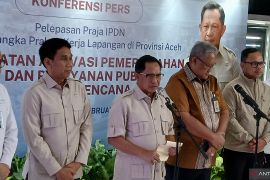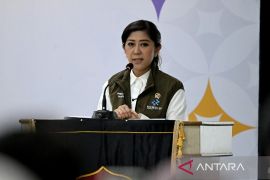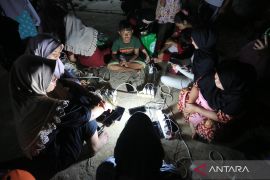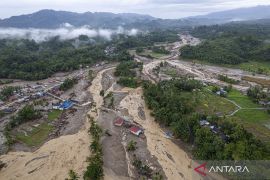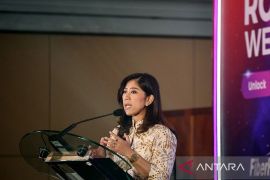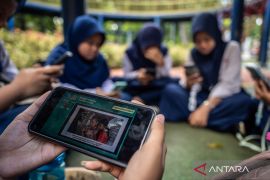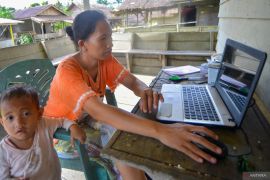The decision has been prompted by the reduction of the fund allotted for JakWifi. The government initially proposed a fund of Rp174 billion, but only Rp56 billion has been approved.
The service, which was initially provided to support remote learning during the enforcement of the public activity restrictions (PPKM) policy, was targeted at students from low-income families.
However, as time passed, the use of the service shifted, as more people used the JakWifi service not for educational purposes, but for entertainment, such as watching movies and playing games.
Following a rise in debates on the reduction of JakWifi access points on social media, the Communication, Informatics, and Statistics Office of Jakarta informed that the funding for the service was reduced because, based on a survey, the majority of users were using it for entertainment.
According to a survey carried out by the office, in general, during the pandemic transition phase, people’s activities have gradually returned to normalcy. Thus, there has been a change in the usage of JakWifi by the community.
Acting head of the Communication, Informatics, and Statistics Office of Jakarta Raides Aryanto informed that the main reason for the provision of JakWifi was to ensure equal access, especially for low-income people in Jakarta, and support remote learning during the pandemic.
He said that the survey’s results showed that in December 2021, the usage of JakWifi for remote learning reached 56 percent, and in March 2022, it stood at 60.9 percent.
“However, in the survey carried out during the COVID-19 pandemic transition period, namely in November 2022, it was recorded that only 27.5 percent used it for remote learning, while 50.7 percent used it for entertainment,” he underlined.
Aryanto affirmed that his office will continue to optimize the JakWifi service by improving the connection stability at existing points.
With the evaluation and corresponding adjustment in the service, it is expected that the free Internet service provided through JakWifi will be made more effective and right on target to support people in carrying out productive activities.
A member of Commission A of the Jakarta Legislative Council (DPRD), Gembong Warsono, said that JakWifi is needed by low-income people, especially those with school-going children.
In one low-income family, there are usually two to three children in school. Although the children routinely receive the Jakarta Smart Card (KJP) funds from the local administration, KJP does not include digital access assistance, Warsono revealed.
Meanwhile, another member of Commission A of the Jakarta DPRD, Dwi Rio Sambodo said that the provision of JakWiFi is not only based on quantity. If the provision is not directly proportional to the needs of the community, the allotted budget can be used for other purposes that are considered more essential.
The fund can be allotted for social assistance programs, such as the Jakarta Elderly Card and others. Thus, the number of JakWifi access points must remain proportional and right on target.
Still a necessity
Even though the PPKM policy—including remote learning and working from home—has been revoked, the JakWifi service is still deemed highly essential by the community and it is very possible to develop it further.
An urban planning observer from Trisakti University and executive director of the Center for Urban Studies, Niwono Joga, has urged the provincial government of Jakarta to provide JakWifi access points by considering priority locations, including schools and public transportation infrastructure, such as terminals, bus stops, and stations, to support digital transformation.
Access points can also be provided in several urban parks or other public places in order to attract people.
JakWifi is still needed by Jakarta residents as part of public services that are provided by the government to its people, as well as an effort to push digitalization and community productivity for creative work and online micro, small, and medium enterprises (MSMEs), including supporting those who work from anywhere.
The provision of the free Internet service is in line with Jakarta’s goal of becoming a global city because free Wi-Fi in public spaces, such as parks, stations, or terminals, is already common in several cities in developed countries, such as Singapore, Melbourne, Tokyo, Seoul, London, Paris, and New York.
With a budget that is quite large compared to other regions, namely up to Rp80 trillion a year, the Jakarta government is expected to be able to provide this facility to people.
Now, the public is awaiting action from the government that has promised to evaluate the number of JakWifi access points in the middle of the year to ensure they are effective in supporting the needs of low-income people.
Even though the usage of the service has shifted, JakWifi is still necessary to support various aspects of society, including people's economy, which would also affect the regional economy.
Related news: Ministry opens communication with blocked online platforms
Related news: Expand JakWifi network for boosting internet service: legislator
Related news: Indonesia needs universal Internet access: World Bank economist
Translator: Ricky Prayoga, Raka Adji
Editor: Azis Kurmala
Copyright © ANTARA 2023
